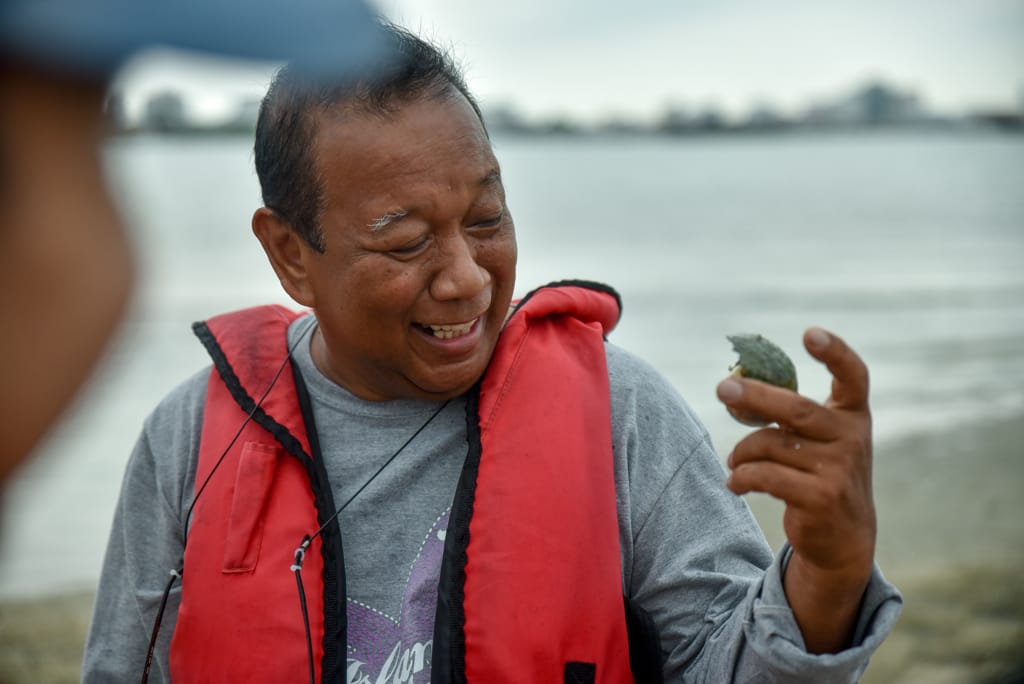Tribute to Prof. Dato' Dr. Zulfigar Yasin: The Guiding Light That Keeps Glowing
By Prof. Dato’ Dr. Aileen Tan
May 2025 IN MEMORIAM
Prof. Dato’ Dr. Aileen Tan

is the Director for the Centre for Marine and Coastal Studies, USM. Her experience on aquaculture helped develop several key national and international projects in this field.




